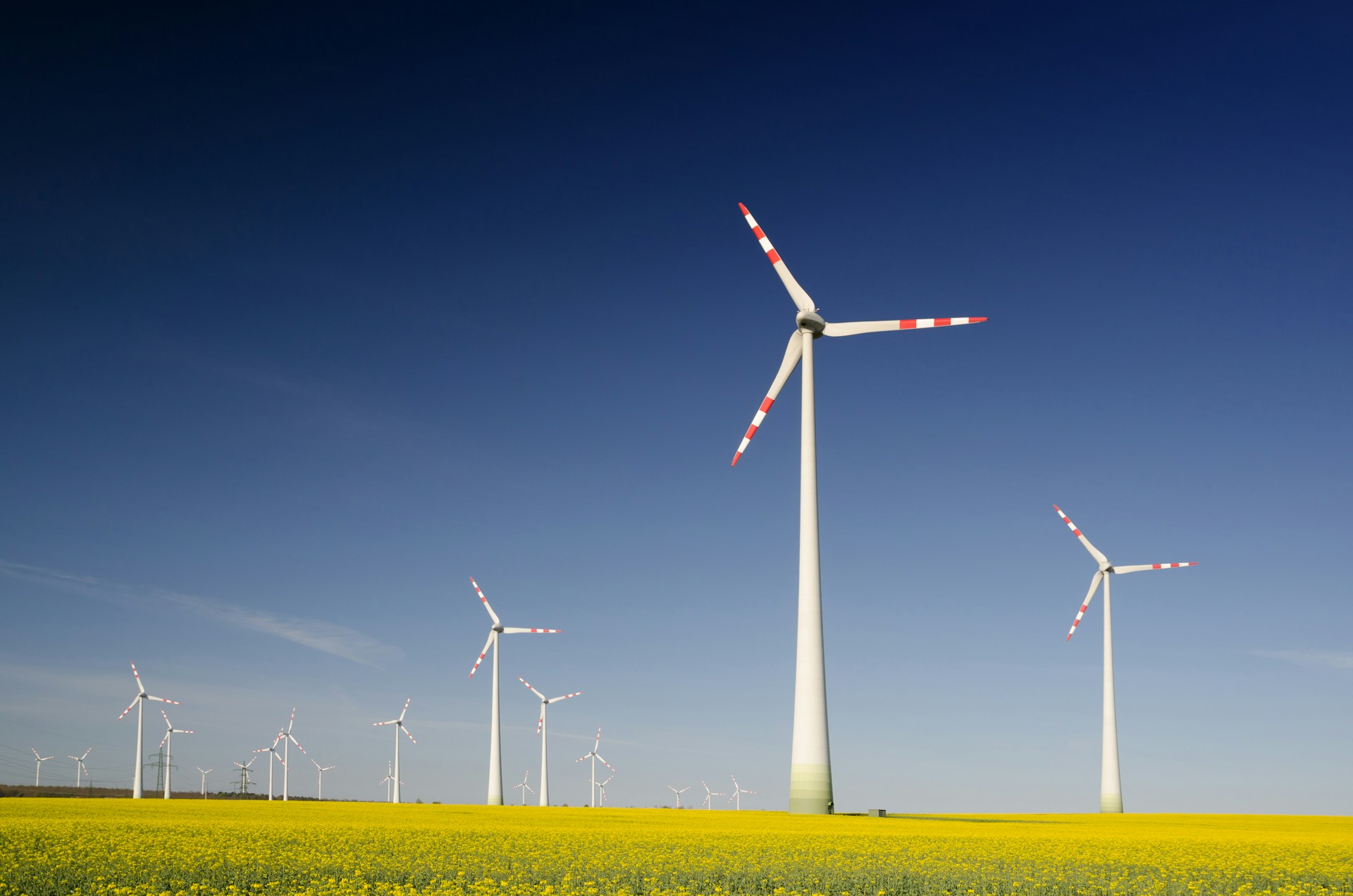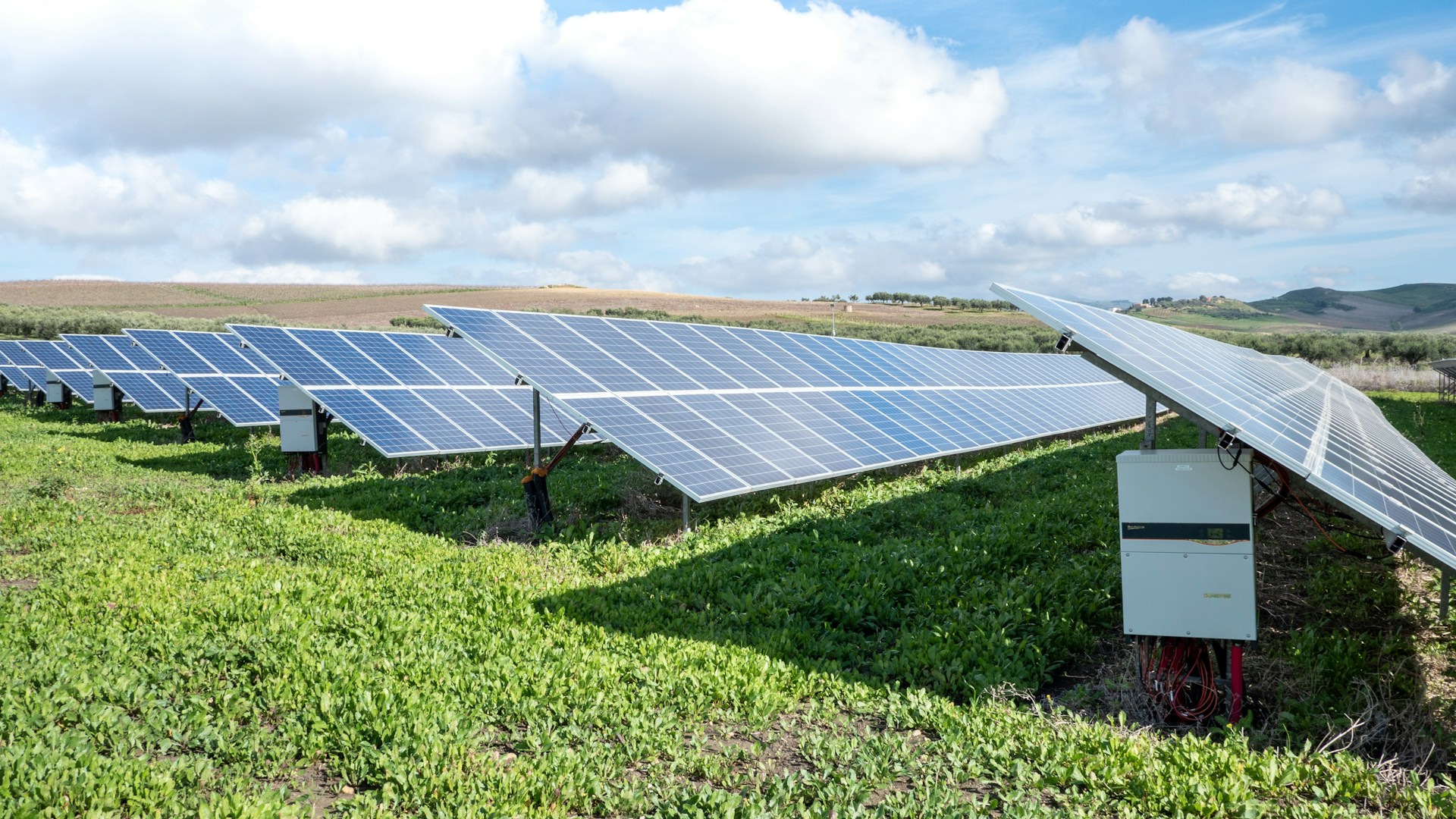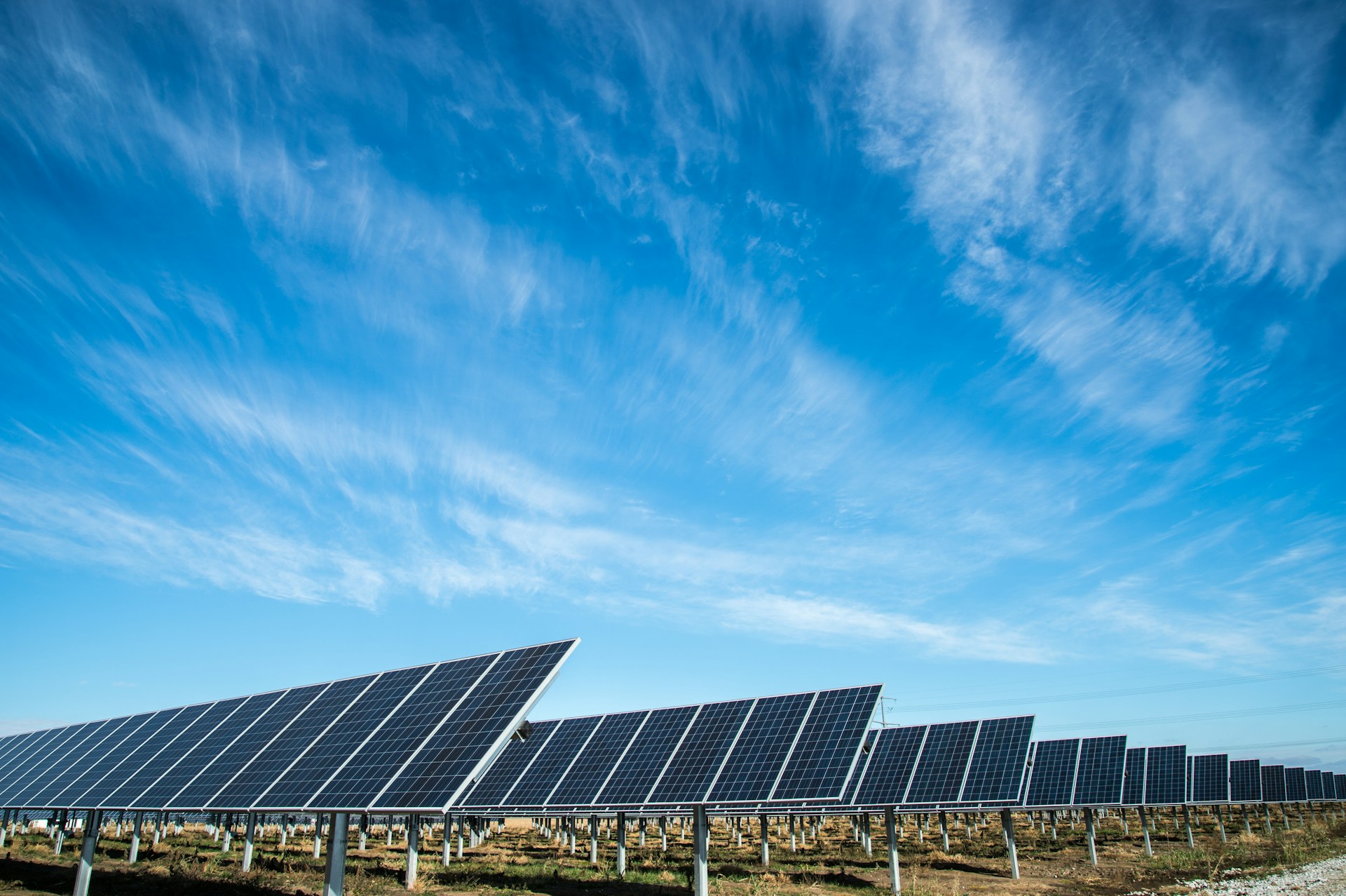
A TRUSTED PARTNER TO THE BIOFUEL INDUSTRY
Renewal Energy Solutions
During the last three decades, climate change, and its effects, has gained world-wide attention. Most leading nations have agreed that global CO2 emissions must be reduced and alternatives to harmful fossil fuels need to be found. Scientists at research centers and universities are working to develop sustainable energy solutions to optimize current energy technologies. As a result, many sustainable energy technologies have been developed.
To date, solar and wind energies have proven to be the most common sustainable solutions. Due to the development of new methodologies, the usage of biofuels is increasing. This new technology allows the conversion of biomass into fuels that can generate energy. The most recognized of these include bioethanol, biodiesel and biogas.
Biofuels are classified in four different generations. Each generation refers to the biomass feedstocks. A feedstock is defined as any renewable, biological material that can be used directly as a fuel or converted to another form of fuel or energy product. Benefits from biofuels include economic, environmental, storage and waste management.
First-generation biofuels are produced from biomass feedstocks that can be used as food or waste such as pure oil, sugar, starch or the waste of frying oil. Examples include bioethanol, pure vegetable oil, biodiesel and biogas. Fermentation and transesterification are used as conversion processes during the production of these biofuels.
Second-generation biofuels are produced from feedstocks that are not usable as food such as lignocellulosic material. These types of biofuel are bioethanol, synthetic biofuels and biogas. Fermentation, gasification and fast-pyrolysis are used as conversation processes during this production.
Third-generation biofuels are a direct enhancement of the second generation. For example, focus is placed on the lignocellulosic material that renders the highest conversation of biofuels, such as algae.
In the fourth generation, CO2 emissions are captured and stored to use as feedstock to plants that are intended to produce biofuels.
Filtration can be used in general to:
remove polyethylene and other plastics from animal oil
remove sterols
remove glucosides
pre-treat oil to make it clean enough to convert into biodiesel
bleach animal oil
remove sulphur from animal oil
remove proteins from animal oil
remove absorbents such as silica
remove phosphorus
remove mono-glyceride
remove strains
remove waxes and gums
wash, dry and purify end products such as biodiesel and glycerin
remove polycyclic aromatic hydrocarbons (PAHs)
Key Water Applications:
Recovery and reuse of water from waste streams
Biomass separation
Textile and dye effluent treatment
Pulp and paper effluent treatment
Landfill leachate concentration
CIP solution recycle
Pesticide and herbicide removal
Food industry effluents
Oily wastewater treatment
Recovery of laundry water/detergent waste
Key In-Process Applications:
Lignosulphonate recovery and fractionation
Silica sols concentration
Dyestuff and pigment concentration, purification and desalting
Optical brightener purification & concentration
Recovery of cleaning chemicals (Reco-Cip)
Surfactant desalting.
Some Membrane Usage Example:
MF – chemical recovery
UF – brine clarification
NF – demineralization of UF permeate

Our Capabilty & Strength
Biofuel & Renewable
Memtik understands how important water and wastewater treatment are to biofuel industry. From potable and process water to reclamation and wastewater, each client has their own unique requirements. Interpreting those requirements and listening to the client's goals, creates the foundation for a successful project. Memtik has the knowledge and experience to deliver cost-effective solutions tailored to meet your satisfaction.
Using advanced water treatment technologies and related services, Memtik helps industry and manufacturers meet specific water quality requirements to ensure consistent operation and production. Memtik also helps industry comply with ever changing industrial wastewater regulations, while improving efficiency and reducing total outfall costs.
Common Applications
Boiler Water
Condensate Polishing
Cooling Tower Water
Potable Water
Process Water
Recycle/Reuse
Rinse Water
Wastewater
Zero Liquid Discharge
Our Products and Services Include
Media Filtration
MF/UF
NF/RO
Demineralizers
Softeners
Chemical Feed Solutions
Disinfection Solutions
Process Control/Automation Solutions
Dealkalizers
Carboxylic Solutions
Condensate Polishers
Remote Monitoring
New Installations
Upgrades & Retrofits
Process Evaluation & Optimization Services
Aftermarket Parts
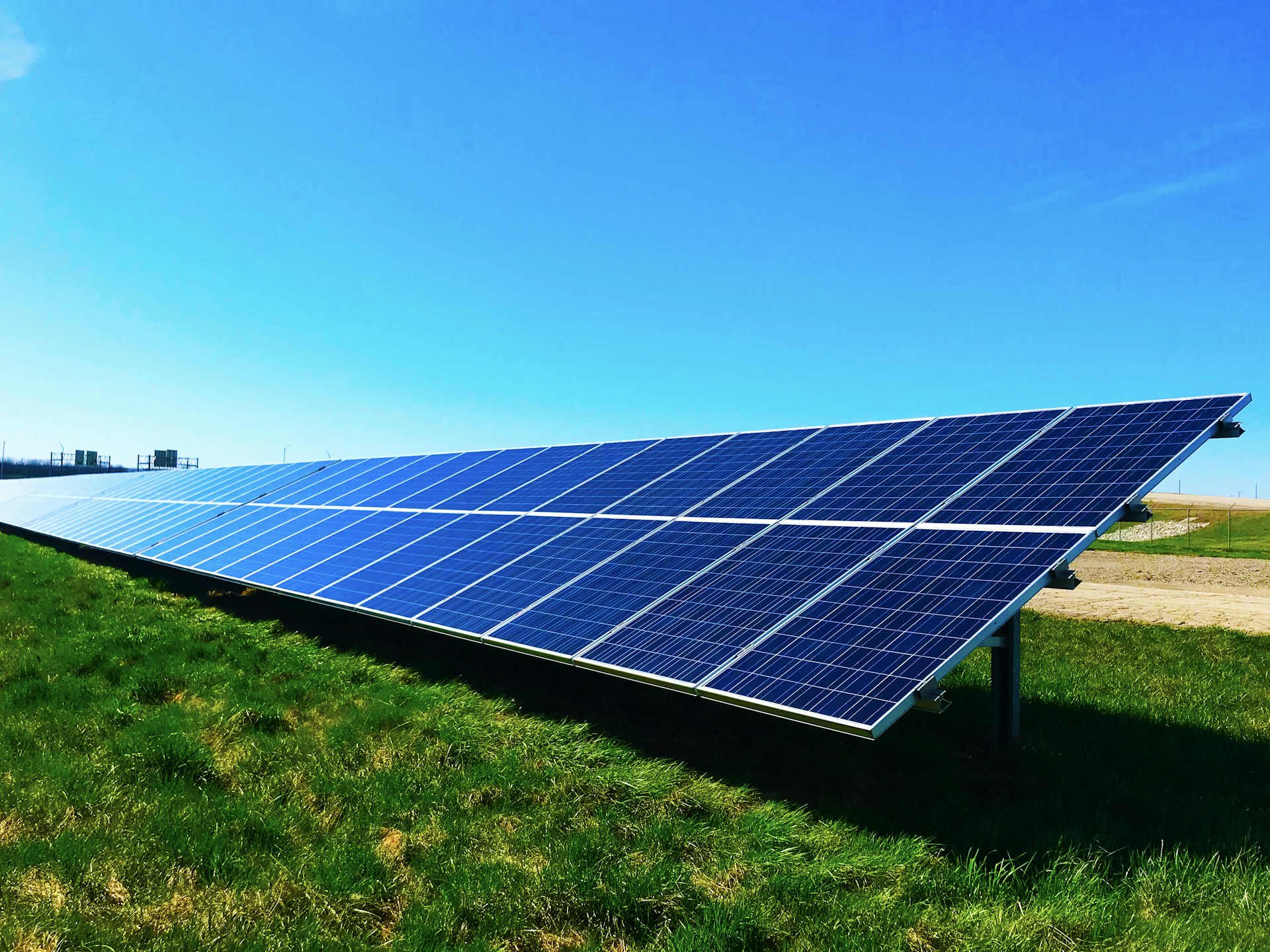
Process Water
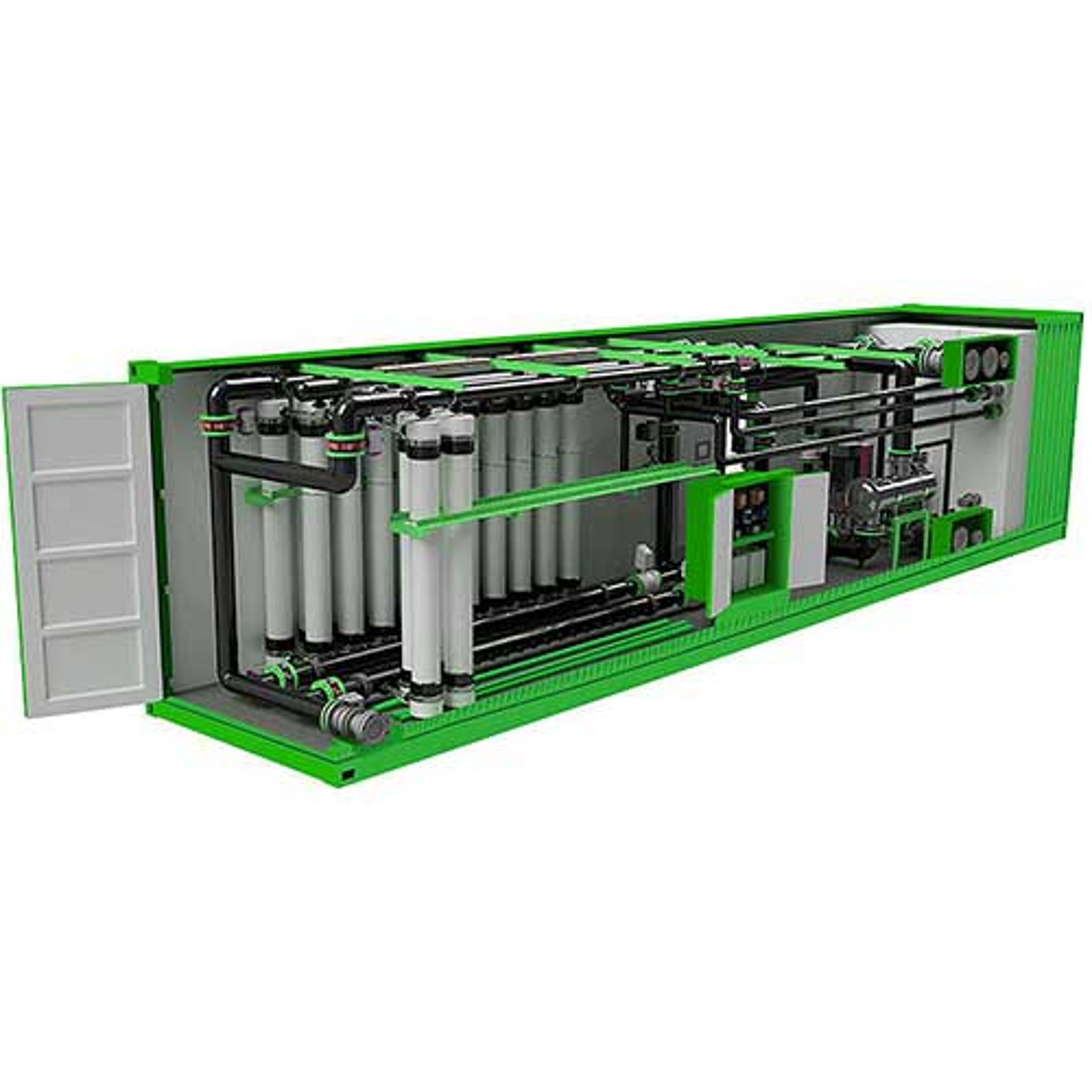
In-Process Filtration
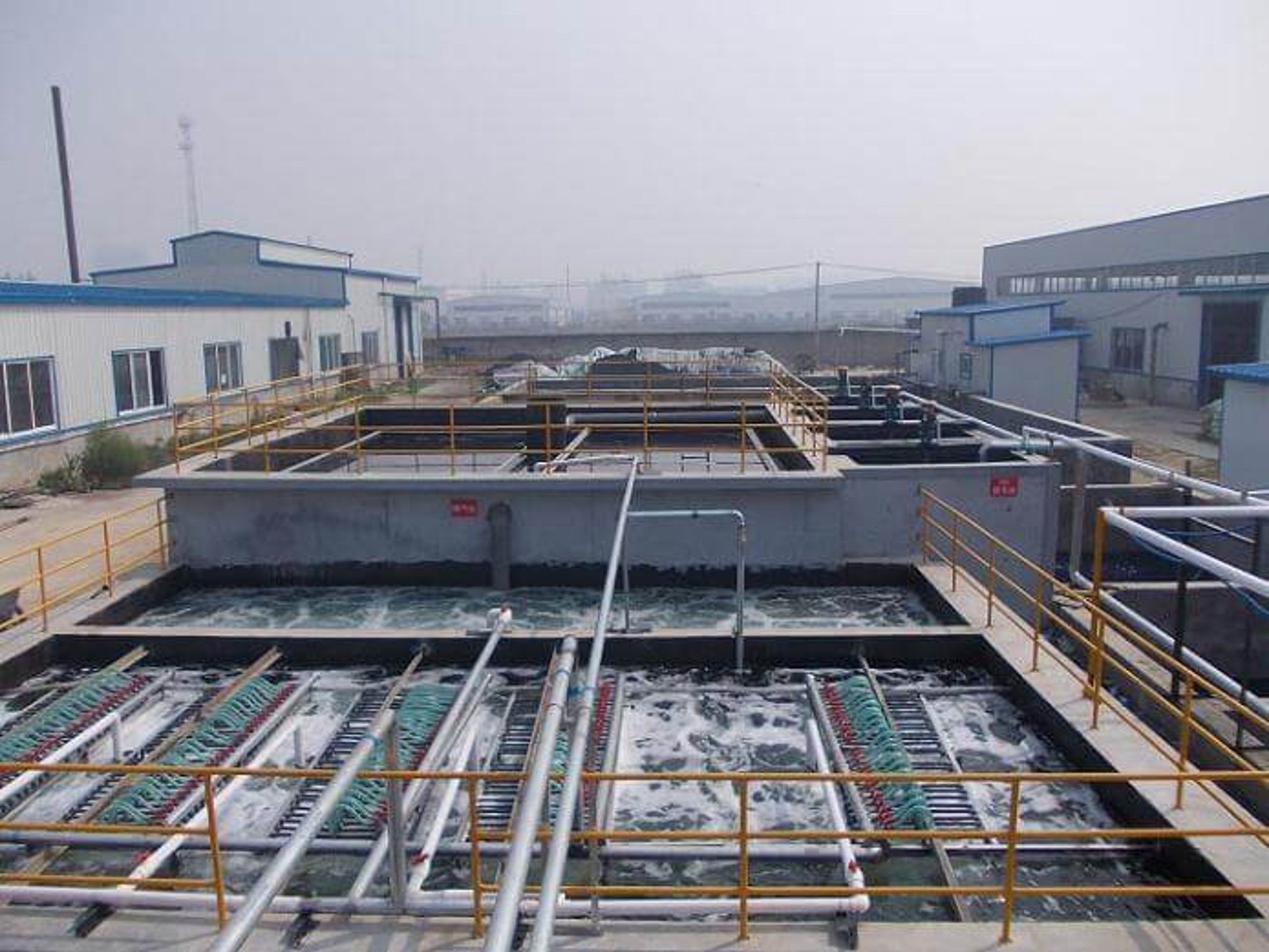
Wastewater Treatment



